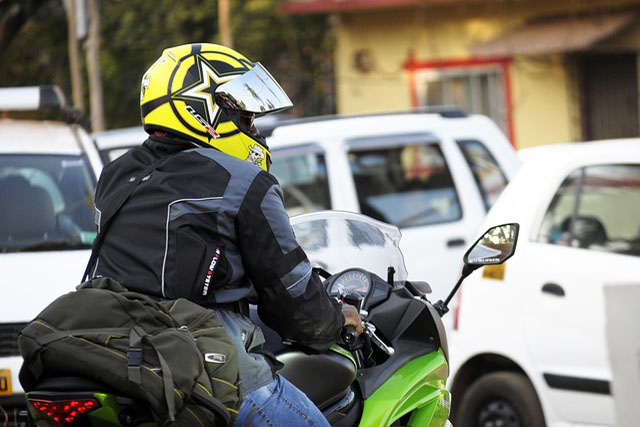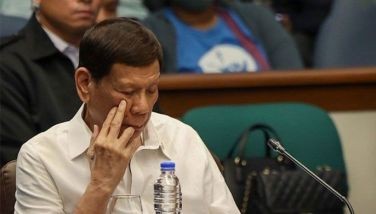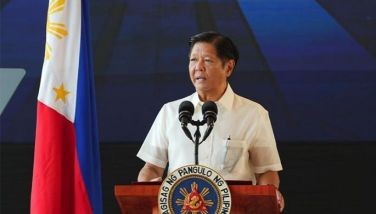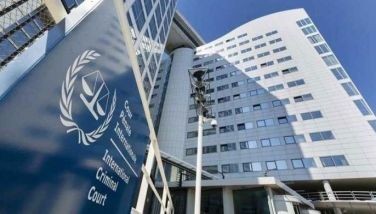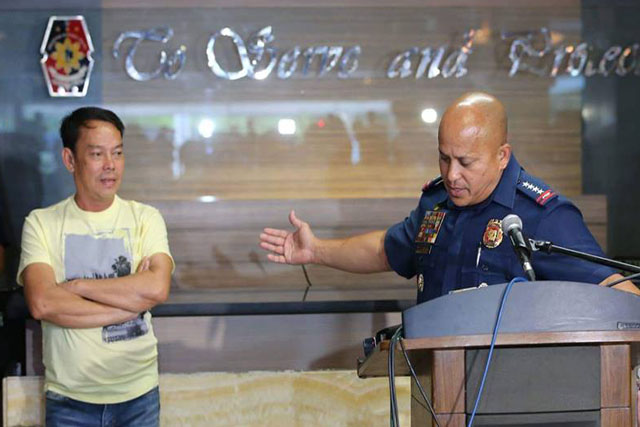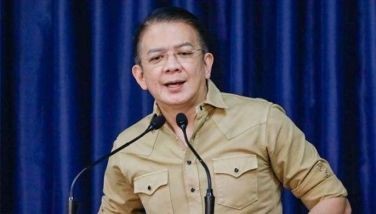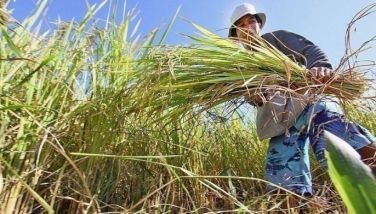High-quality accommodations, services in Boracay pushed
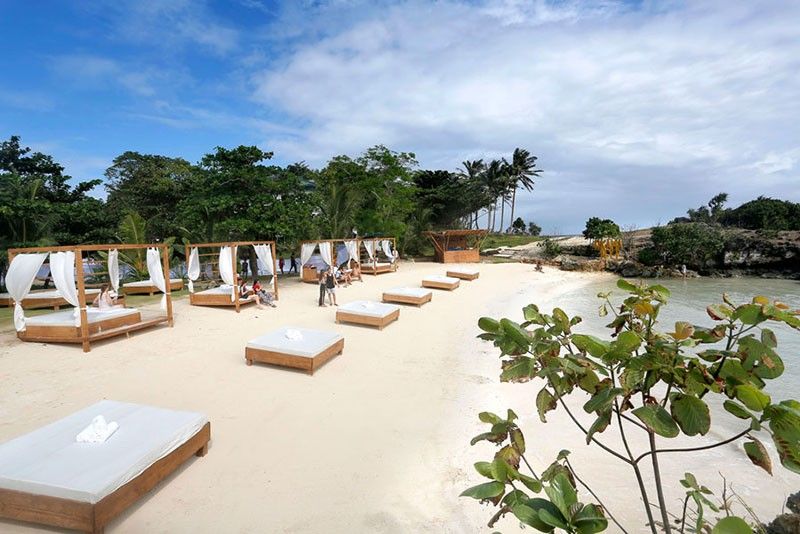
MANILA, Philippines — The regional development office of the National Economic and Development Authority (NEDA) has proposed increasing the per capita spending of tourists in Boracay Island via high-quality accommodations and tourism services instead of increasing the number of visitors to protect revenues.
Boracay reopened to visitors on Friday after a six-month hiatus to allow a massive clean up operation to salvage the ecological integrity of the world famous island.
In a recent interview, NEDA Undersecretary Adoracion Navarro said these strategies, which are aligned with the continued rehabilitation and preservation of the island’s ecosystem, have been put forward during last month’s meeting of the Boracay Interagency Task Force (BIATC).
During the meeting, Navarro argued the only way to sustain the gains of half-year rehabilitation would be to allow only a certain number of tourists that can be absorbed by the carrying capacity of the island’s natural environment.
She acknowledged there had been reservations among stakeholders about the effect of limiting the number of tourists on revenues.
“I argued that the economic impact of regulating the number of visitors and accommodation can still be net positive if the primary tourism strategy is to grow the tourism expenditure receipts per capita. So, not necessarily growing the number of visitors but the revenues from each tourists,” Navarro said.
This can be done by offering high-quality accommodations and diversifying the tourism attractions on the island, she said.
By increasing the diversity of services, more jobs can be created on the island.
“For one tourist, he can enjoy many activities on the island, not only going to the beach and dining. There can be a tour of biodiversity and interesting sights to see,” Navarro said.
Establishments in Boracay can still offer accommodations affordable to the masses but tourists must be encouraged to properly schedule and plan their trips.
Avoid overcrowding
Other proposals put forward by NEDA’s regional development office include looking for alternative destinations that can accommodate the extra visitors during peak seasons.
Other proposals include “exercising caution” in entertaining transportation projects that will add entry points to Boracay and facilitate quick entry of people. These include current proposals for a bridge, monorail and cable car system between the island and mainland.
Navarro said a policy on dealing with proposed mega-developments and casinos must also be “articulated,” noting these “will create major strains on the island’s ecosystems.”
The government closed Boracay to tourists on April 26 to allow a six-month cleanup to address various environmental issues such as the worsening sewage conditions. The island opened to tourists on Oct. 26.
At the same time, an interagency task force was formed to guide the rehabilitation of the island. NEDA is at the forefront of creating the Boracay Action plan outlining programs and projects necessary for achieving a sustainable development of the island.
Navarro stressed the need to preserve the integrity of Boracay’s ecosystem because its viability as a tourism destination depends significantly on its natural environment. – With Jennifer Rendon, Alexis Romero, Catherine Talavera, Cecille Suerte Felipe
Related video:
- Latest
- Trending








